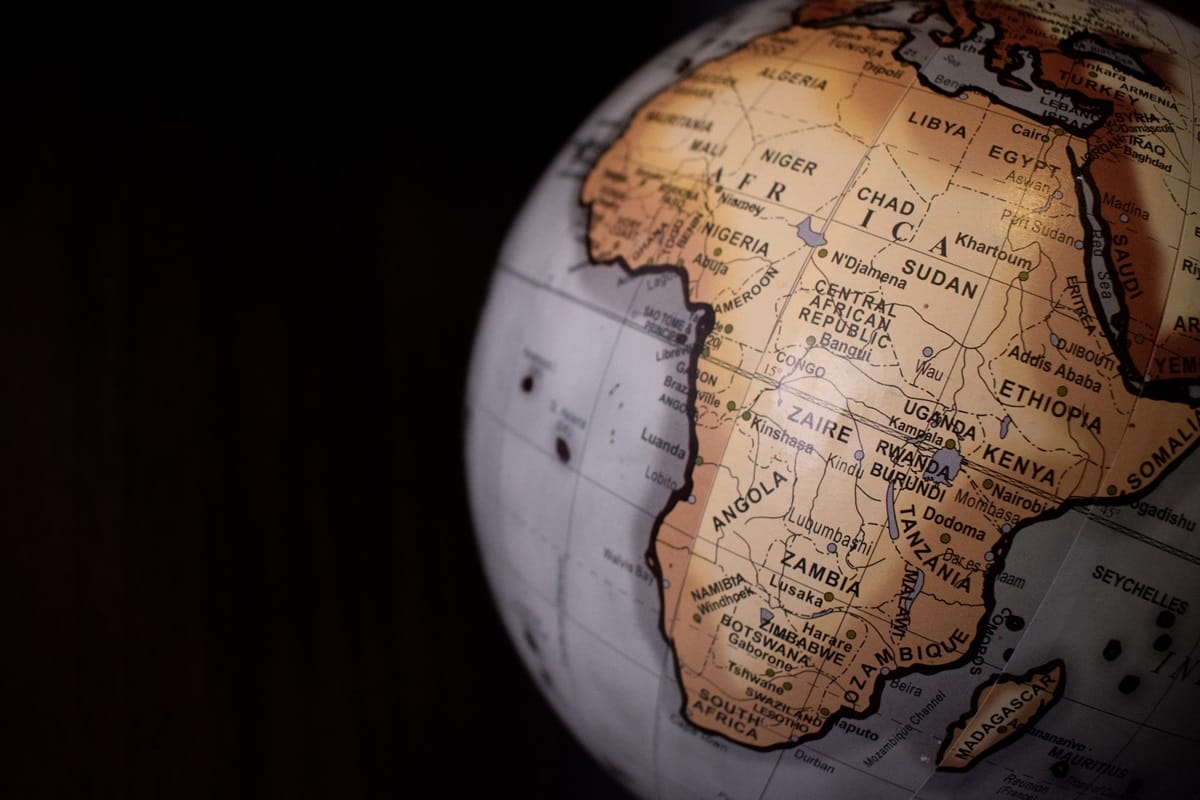Jathin Jagannath, a proponent of the development of Cartesi, the consolidated Web3 protocol, said during a conversation with media representatives that the situation of uncertainty in the sphere of regulation is the main obstacle to Africa’s path to an appropriate ecosystem of technologies.

Currently, the Web3 environment on the specified mainland is under development. At the same time, many norms in the countries of this region create barriers to realizing the transformative potential of new-generation technologies.
Nowadays, there is no juridical system in Africa that specifically regulates the Web3. In this case, a situation is emerging where existing norms create barriers to the formation of an innovative environment, and at the same time, a legal framework has not been developed that focuses only on the use of advanced solutions.
Jathin Jagannath says that regulatory uncertainty may be the reason for abandoning the full-fledged application of the revolutionary features of Web3. According to him, transparency of legal mechanisms, increasing the level of digital literacy, and modernization of infrastructure will lead to the fact that residents of African countries will quickly overcome existing obstacles and begin intensive modernization.
The mentioned mainland is indeed a suitable space for Web3 adoption and innovation. Data from the PricewaterhouseCoopers and Emurgo Africa report indicate that blockchain financing in this region has demonstrated a staggering growth of 1,668% in 2022. The leaders in the implementation of Web3 among the mainland countries are Kenya, Nigeria, and South Africa.
At the same time, in this case, there is a problem of realizing the potential. The process of innovation in Africa faces not only an obstacle in the form of regulatory uncertainty but also cannot be fully fledged in terms of scale and intensity due to factors such as insufficient access to knowledge in the global sense of this definition and an education system that does not cover a significant part of the local population and has internal shortcomings.
Jathin Jagannath insists on the critical need to improve digital literacy. In this context, he noted that for the successful integration of Web3 technologies, a skilled workforce, and user bases are of paramount importance.
Awosika Israel Ayodeji, program director of Web3bridge, also noted the problems of the sphere of education and access to knowledge as barriers for African developers. According to him, due to the high level of poverty, many residents of African countries are starting to carry out activities in the trade area instead of comprehensive education.
Cartesi and Web3bridge jointly launched an eight-week masterclass in Nigeria in early January.
Africa, despite all the challenges, continues to be a promising space for the Web3 boom. In this context, Jathin Jagannath noted the importance of such factors as the youthful demographic and currency volatility.
Data from the Oxford Business School shows that almost 24% of African residents are currently excluded from the traditional banking system. Jathin Jagannath sees Web3 as a solution to this problem. According to him, decentralized wallets and other apps of the ecosystem of new-generation technologies will contribute to achieving the corresponding goal. He is also convinced that Web3 will change the way Africans engage in cross-border trade and interact with financial systems.
As we have reported earlier, MetaMask and Xion Global Redefine Web3 Payments in South Africa.









